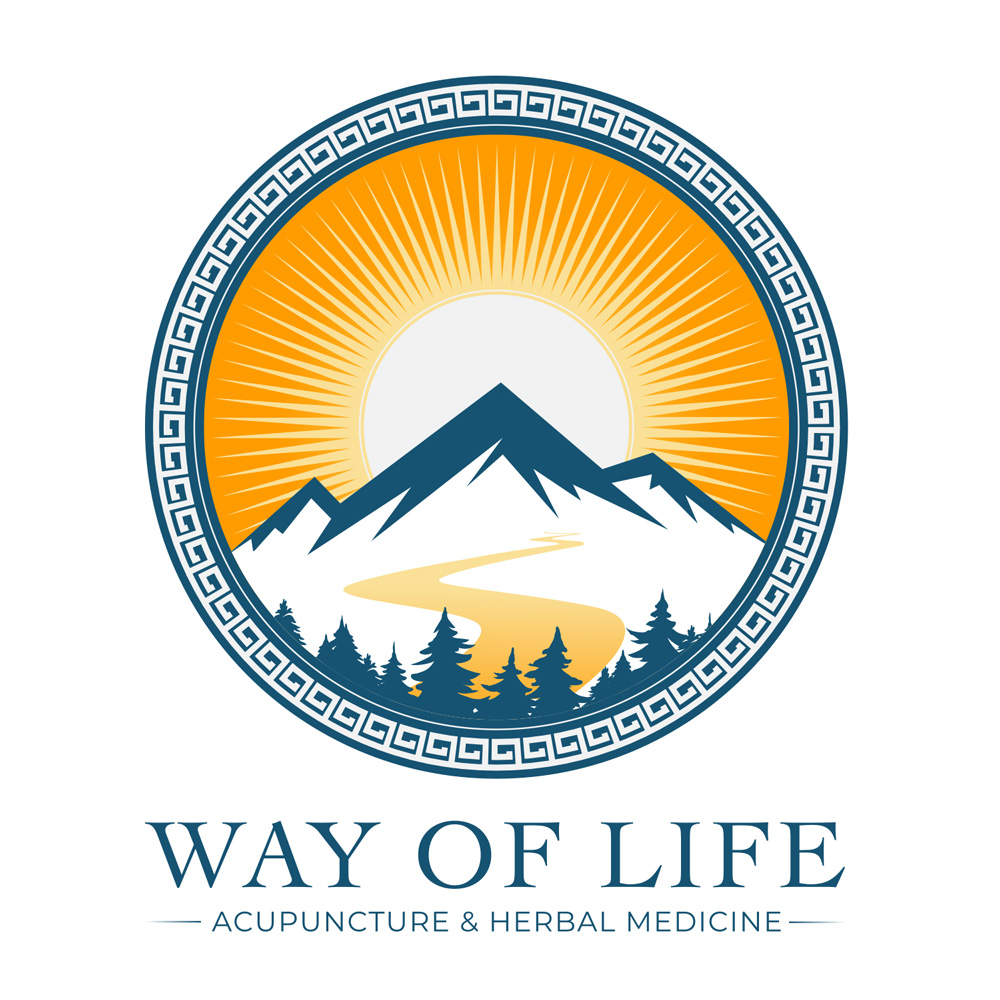The Invisible Addiction We All Share
Walk into any coffee shop, and you’ll find it: the glazed-over eyes behind a third espresso, the phone in hand, swiping, scrolling, refreshing. We’re moving fast—on the outside and the inside. We’re tired, wired, and somehow, still reaching for more.
Our culture has normalized chronic stress and the pursuit of quick dopamine hits. We reward overwork, multitasking, and constant stimulation while brushing aside stillness, presence, and rest as luxuries.
But this relentless chase comes at a cost: fractured attention, dysregulated nervous systems, fatigue masked as productivity, and a spiritual hunger that can’t be fed by another notification.
Chinese medicine and Daoist thought offer a radically different approach—one that invites us to slow down, feel more, and align with rhythms deeper than the algorithmic buzz.
The Physiology of Hurry and Hit Culture
The modern nervous system is overwhelmed. Chronically high cortisol levels, scattered attention spans, poor sleep, and gut dysfunction are just the surface signs of deeper imbalance.
At the heart of this is the body’s addiction to dopamine—a neurotransmitter that fuels anticipation and reward. Every ping, like, or “urgent” task gives us a hit, but also keeps us in a loop of craving and dissatisfaction. Like any addictive cycle, the more we seek it, the less fulfilled we become.
Chinese medicine frames this state as a depletion of Jing (the essence we’re born with) and an overstimulation of the Shen (our spirit or consciousness). When we run on stress, we’re burning our foundational energy. Over time, this leads to exhaustion, anxiety, insomnia, irritability, and even autoimmune conditions.
The Daoist Diagnosis — The Disease of Speed
Daoist sages saw this coming centuries ago. They observed that living out of rhythm with nature causes suffering. They called it “the disease of excess”—too much activity, too much thought, too much ambition without anchoring in the Dao, the Way.
From a Daoist perspective, our culture is addicted to Yang—movement, action, fire, doing. We neglect Yin—rest, receptivity, stillness, depth. But true health, wisdom, and vitality arise only when these forces are balanced.
The Dao does not rush. Rivers flow, seasons turn, breath rises and falls. When we move too fast, we lose resonance with life. We forget how to listen. We lose the spaciousness required for true joy.
Navigating the Dopamine Era with Chinese Medicine
1. Regulate the Nervous System Through Breath and Qi
Daily breathwork, meditation, and Qi Gong restore the parasympathetic (rest-and-digest) tone of the nervous system. These practices bring Qi back to the center, helping us feel calm, alert, and whole.
Practice: Begin with Xi Breathing (silk reeling breath) — inhale slowly through the nose for 4 counts, exhale through the mouth for 6. Let the breath soften your inner pace.
2. Nourish Yin and Protect Jing
Yin-nourishing herbs and practices build the reserves we deplete with constant stimulation. Rehmannia, Schisandra, He Shou Wu, and cooked root vegetables offer grounding and deep nourishment.
Sleep is sacred. Daoist health practices view the hours before midnight as critical to Yin replenishment. Protect that time. Unplug, unwind, and drift back toward yourself.
3. Slow the Dopamine Cycle
The first step to healing is awareness. Notice when you reach for your phone out of habit. Track how you feel after a rapid-fire work session. Choose to replace one dopamine-seeking behavior per day with something nourishing: walk without your phone, drink tea in silence, look at the sky.
Over time, you’ll begin to rewire your relationship to pleasure—shifting from the sharp spikes of stimulation to the deep well of embodied joy.
4. Align with Natural Rhythms
In Chinese medicine, every organ system has a clock. Liver time (1–3 am) is when stress is processed; Spleen time (7–9 am) is optimal for nourishing meals. Sync your actions with these cycles to support internal balance.
Seasonally, we’re in the era of Yang Sheng—“nurturing life.” This means adapting your lifestyle based on the season’s energetic quality. Summer calls for joy, light movement, social connection. Winter demands rest, reflection, and consolidation. When we ignore these rhythms, we weaken our capacity to adapt and heal.
5. Restore the Shen—Calm the Spirit
A scattered Shen leads to restlessness, anxiety, and distraction. Acupuncture, meditation, and Shen-tonifying herbs like Spirit Poria (Fu Shen) and Polygala (Yuan Zhi) help calm the heart and reconnect us to meaning.
The Shen thrives not on speed but on sincerity. Cultivate connection—with people, with nature, with silence.
The Way Is Not in the Rush
There’s nothing wrong with ambition or progress. But when it’s fueled by fear, depletion, and addiction to stimulation, it becomes a path of disconnection.
Daoist wisdom doesn’t ask us to give up our lives—it invites us to return to them. To move not from compulsion, but from clarity. To discover the power of enough. To honor the stillness at the center of motion.
In this slowing down, we begin to remember something essential: we are not machines. We are part of the living world. And the Way of Life is not in the hurry—but in the harmony.
If you’re feeling the effects of chronic stress, overstimulation, or emotional burnout, we’re here to support you.
Through acupuncture, herbal medicine, Qi Gong, and personalized guidance, we help you return to balance—body, mind, and spirit.





